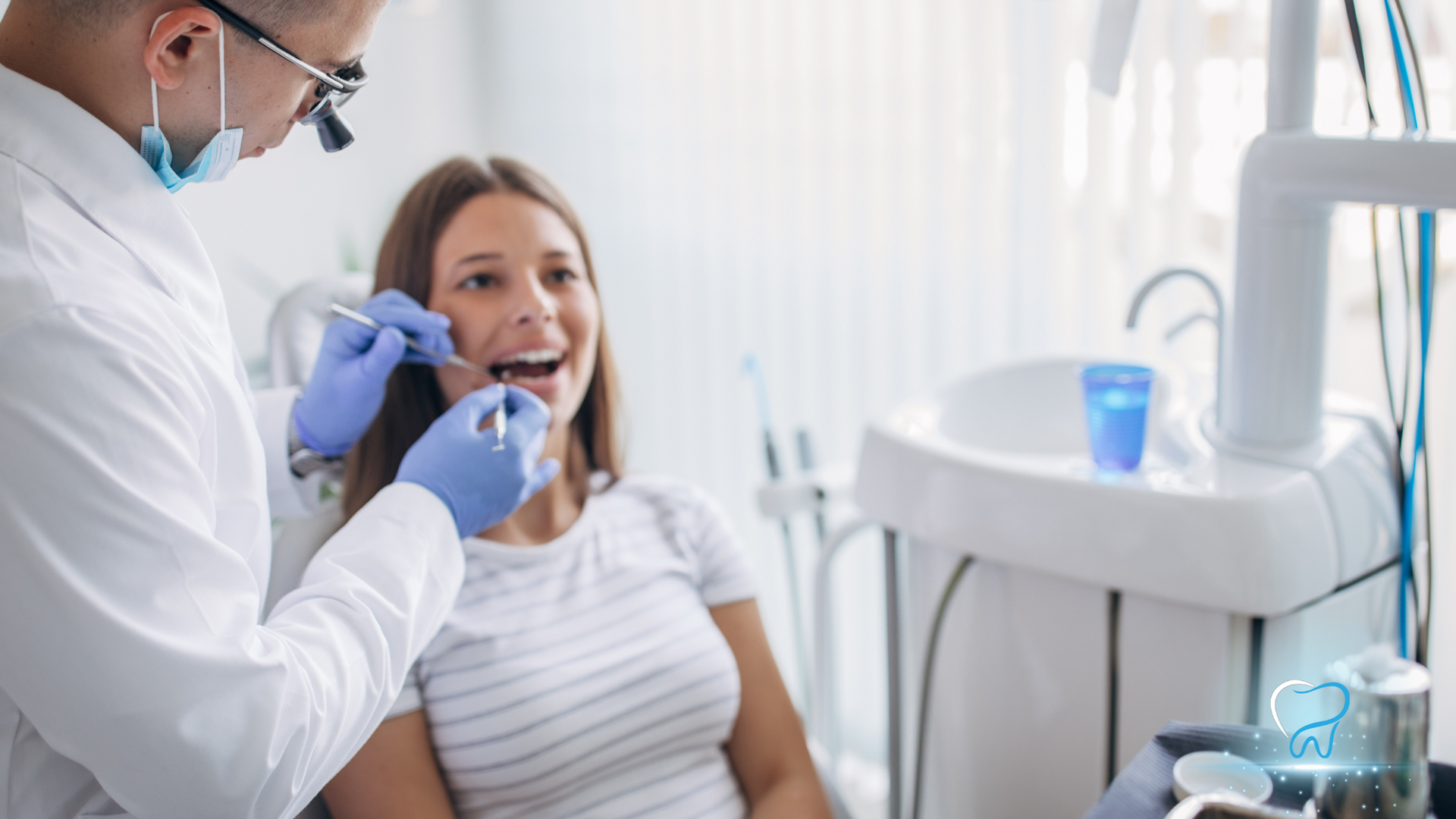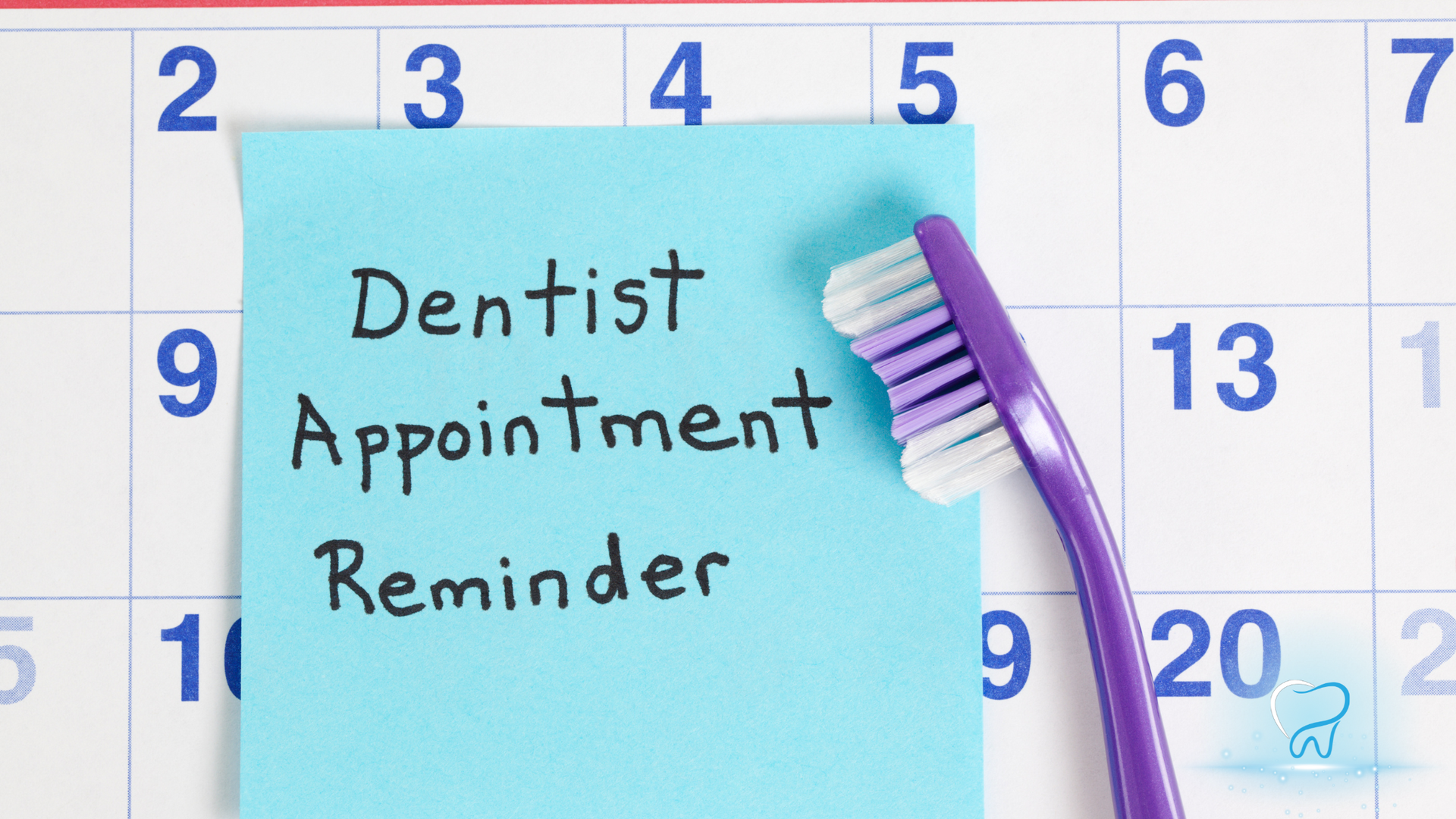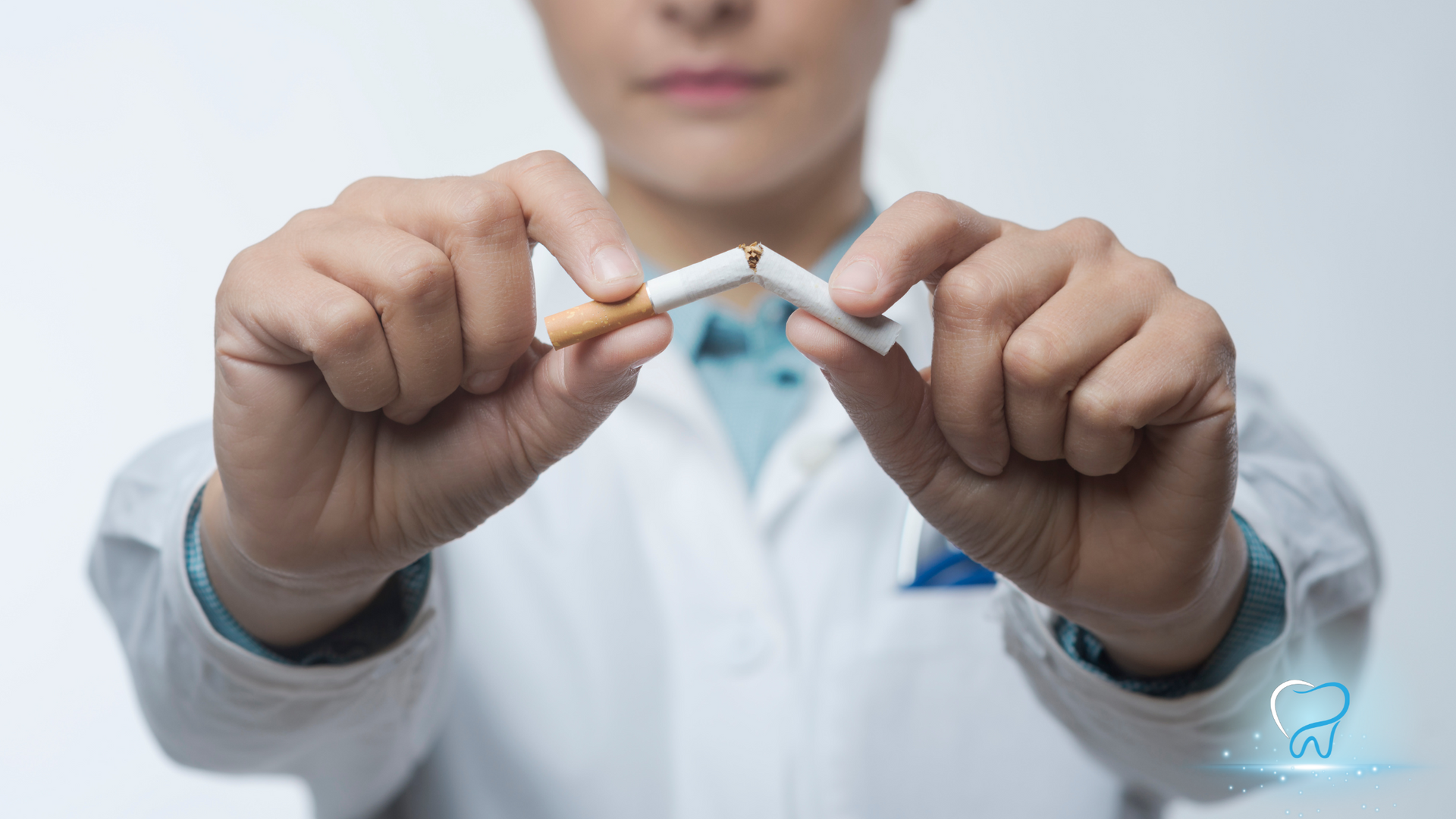Dental Implant Care 101: What Patients Need to Know

Source: Dr. Marketing
Dental implants are a long-term investment in your oral health, confidence, and overall well-being. At South Lake Dental in Pasadena, we often remind patients that the success of dental implants does not end with the procedure—it truly begins with aftercare. Caring for your dental implants properly ensures their longevity and protects the health of surrounding teeth and gums.
This blog explores the key aspects of dental implant maintenance, how at-home care can prevent complications, when to seek professional attention, and why regular checkups are essential. Whether you are new to implants or have had them for years, these tips and reminders will help you keep your smile strong and healthy.
Why Dental Implant Care Is Different

Unlike natural teeth, dental implants are not susceptible to decay. However, they are anchored in the jawbone and surrounded by soft tissue—areas that can become infected or inflamed without proper care. This makes implant hygiene critical.
Just like natural teeth, implants are exposed to the bacteria that build up from food, saliva, and daily activities. Over time, this can lead to complications such as:
- Peri-implant mucositis (inflammation of the gum around the implant)
- Peri-implantitis (a more serious infection that can lead to bone loss)
- Loosening or failure of the implant if untreated
To avoid these complications, implant patients must treat their prosthetic teeth with the same attention—or even more—than they would their natural teeth.
Your At-Home Implant Care Routine

Maintaining your dental implants at home starts with consistency. A strong oral hygiene routine helps prevent bacteria from damaging the surrounding tissue or bone structure. Here are the key pillars of daily implant care:
Brushing Twice a Day
Use a soft-bristled toothbrush and non-abrasive toothpaste to clean all surfaces of the implant crown, just as you would with natural teeth. Electric toothbrushes can be particularly effective in reducing plaque without damaging the prosthetic.
Flossing Daily (Yes, Still Important!)
Flossing around dental implants may feel different, but it is just as critical. You can use:
- Implant-safe floss (wider and softer)
- Interdental brushes
- Water flossers (effective for cleaning around implants and bridges)
Rinsing
Antimicrobial mouth rinses help reduce bacteria levels in the mouth. Ask our team at South Lake Dental in Pasadena for suggestions that will not interfere with the healing process or irritate your gums.
When to Call Us
Even with perfect at-home care, some concerns require professional attention. Knowing the signs early can prevent small issues from becoming serious.
Warning Signs That Should Prompt a Visit:
- Bleeding around the implant when brushing or flossing
- Swollen, tender, or receding gums near the implant
- Bad breath or an unpleasant taste that does not go away
- Looseness or shifting of the implant crown
- Discomfort while biting or chewing
These symptoms may indicate early stages of peri-implant disease or mechanical issues with the implant. At South Lake Dental in Pasadena can assess the issue quickly and offer treatments to prevent further damage.
Why Routine Checkups Are Essential

Dental implants require maintenance beyond at-home care. Regular professional visits are a vital part of protecting your investment.
What Happens at a Professional Implant Maintenance Visit?
Every six months—or more frequently for higher-risk patients—we recommend a full implant assessment. During your appointment, your provider will:
- Check for signs of inflammation or infection around the implant
- Evaluate bone levels with imaging if necessary
- Clean hard-to-reach areas and remove plaque or tartar buildup
- Examine the condition of the prosthetic crown or bridge
- Ensure that bite alignment and surrounding teeth remain healthy
For many patients, these visits can be the difference between a minor adjustment and costly intervention later on.
How Often Should You Schedule Checkups?

For most patients, twice a year is enough. However, you may need more frequent monitoring if:
- You have diabetes or an autoimmune condition
- You smoke or have a history of gum disease
- You’ve had complications with implants in the past
- Your implant was placed recently and is still stabilizing
At South Lake Dental in Pasadena, we tailor our recommendations based on your health, lifestyle, and implant history. Our goal is always to support your comfort, health, and long-term success.
Implant Maintenance Mistakes to Avoid

Even with the best intentions, patients can sometimes harm their implants without realizing it. Here are common pitfalls to be aware of:
- Using hard-bristle brushes or abrasive toothpaste – These can wear down the crown or irritate the gums.
- Skipping flossing – Plaque between teeth and under the gumline can lead to peri-implant disease.
- Grinding or clenching teeth – Over time, this pressure can cause the implant to loosen or damage the crown.
- Missing follow-up visits – Early signs of infection or loosening are not always visible at home.
If you are unsure about the tools or techniques you are using, do not hesitate to ask us. We are always happy to provide personalized guidance.
When to Seek Immediate Help
While most implant issues develop slowly, certain changes require urgent care:
- Sudden pain or swelling near the implant
- A loose implant or crown
- A noticeable shift in your bite
- Signs of infection (pus, fever, or intense gum redness)
These could indicate a compromised implant or infection and should never be ignored. Acting quickly often increases the likelihood of successful treatment and long-term recovery.
Supporting Implant Health with Lifestyle Choices

In addition to oral hygiene, your daily habits contribute to the stability of your implants. Here are a few ways to support their long-term success:
- Avoid smoking – Smoking reduces blood flow, delays healing, and increases the risk of implant failure.
- Limit sugar and acidic foods – These encourage harmful bacteria and can erode gum health.
- Eat a balanced diet – Nutrients like vitamin C and calcium promote gum and bone strength.
- Protect your teeth at night – If you grind your teeth, wear a night guard to prevent damage.
These habits not only benefit your implants but also improve your overall oral health.
A Word on Long-Term Success
Dental implants are designed to last many years, and in many cases, they can last a lifetime. But success depends on partnership—between the patient and the provider. With proper care, consistent follow-up, and support from our team, your implants can remain strong, functional, and beautiful.
We believe that education is the best preventive tool. By understanding what your implants need and taking small daily steps, you protect your smile’s future.
Your Smile Deserves Ongoing Support

Dental implants are more than a cosmetic improvement—they are a restoration of comfort, confidence, and quality of life. Just like natural teeth, they thrive when cared for consistently and checked regularly by professionals.
At South Lake Dental in Pasadena, we are here to support you every step of the way. From routine maintenance to urgent care, our team understands the unique needs of implant patients and offers gentle, effective care tailored to your smile. Ready to protect your investment? Schedule your next maintenance visit today and let us help your smile shine for years to come.
Share
Related Posts



